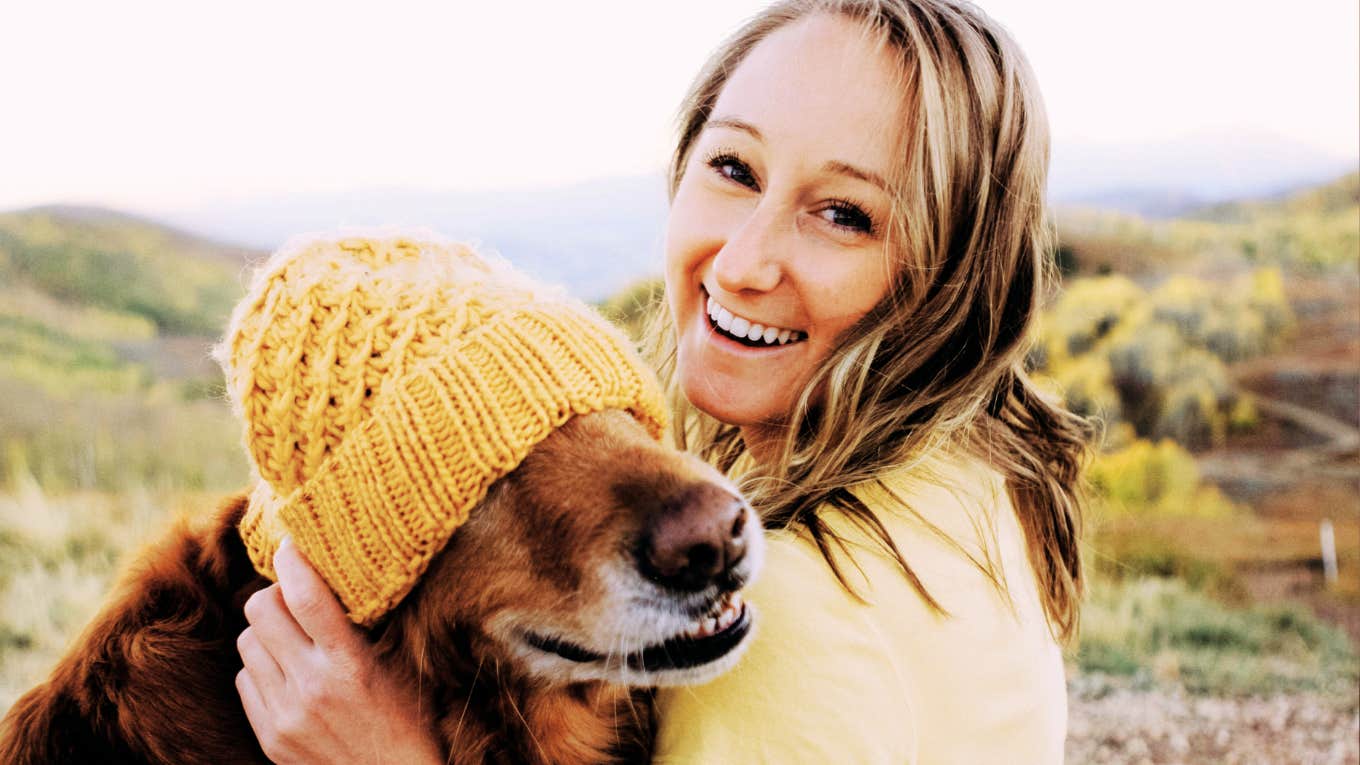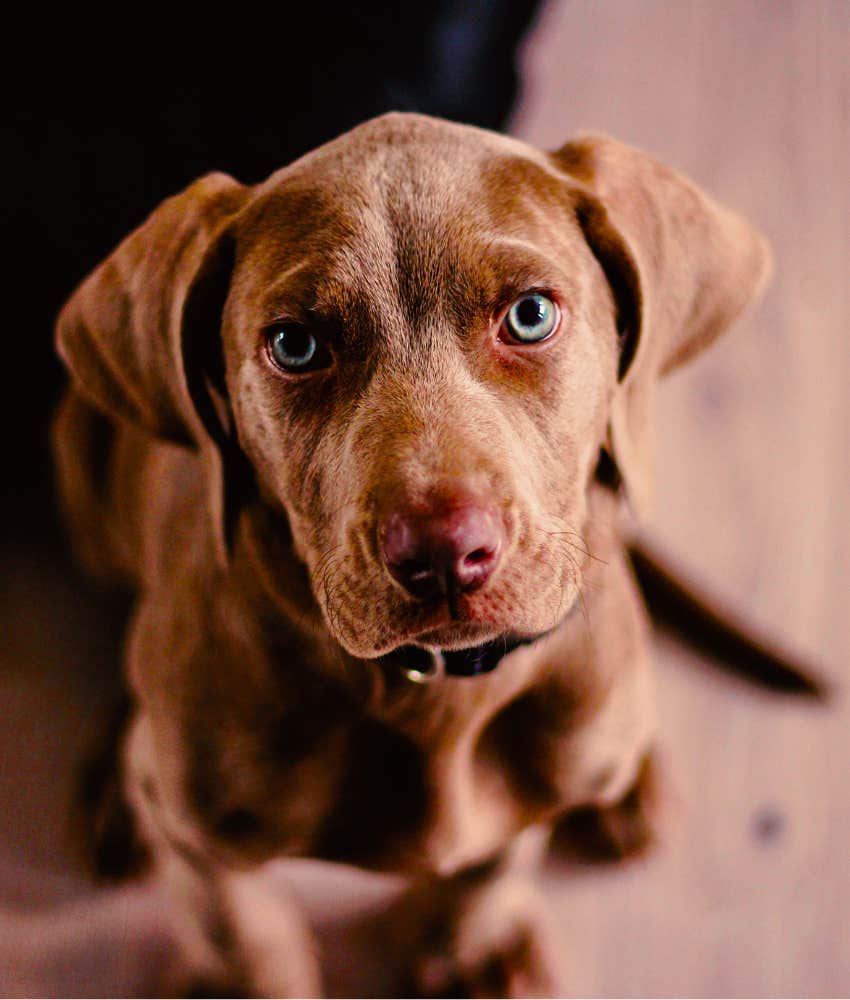Turns Out Dogs Are Basically Just Hairier, Needier Humans, According To Research
Dogs are humans with more fur and fewer words.
 Olivia Hutcherson | Unsplash
Olivia Hutcherson | Unsplash Many people argue that dogs aren't all that different from their human counterparts — and as it turns out, science now says they're right.
According to research, dogs are just hairier, needier humans.
That's right — dogs just want to feel love, just like the rest of us. The findings of a Japanese study published in the journal Science reveal that our canine companions experience the same burst of oxytocin, the hormone responsible for love and bonding, that we do when they gaze into their owner's eyes.
The study's results supported the existence of a self-perpetuating oxytocin-mediated positive loop in human-dog relationships that is similar to that of human mother-infant relations. Human-dog interaction by dogs’ human-like gazing behavior brought on social rewarding effects due to oxytocin release in both humans and dogs and followed the deepening of mutual relationships, which led to interspecies bonding."
The study involved the owners of 30 dogs, whose breeds included golden and Labrador retrievers, miniature schnauzers and dachshunds, standard and toy poodles, and a boxer, border collie, German shepherd, and Shetland sheepdog — all of whom were asked to look into their pup's eyes.
 Lelusy via Shutterstock
Lelusy via Shutterstock
The longer the humans and dogs stared into each other's eyes, the greater the oxytocin boost both person and pupper received.
Oxytocin is the hormone associated with attachment and love, the same hormone responsible for bonding children and their parents. According to Progress in Neurobiology, "Oxytocin is important for social memory and attachment, maternal behavior, and aggression. Recent work implicates oxytocin in human bonding and trust as well."
Just to be sure, researchers observed similar interactions between wolves and the "animal management professionals who had raised, fed, and played with them." The wolves would not return their persons' gaze, and there was no oxytocin surge. This is likely because wolves view eye contact as an act of aggression, whereas dogs have evolved to exhibit more human traits.
 Thomashonnnn via Shutterstock
Thomashonnnn via Shutterstock
So, to people who argue that they love their pets as though they were their child, you aren't nuts — dogs are kind of human.
The sentiment isn't only genuine, it's one your doggo returns. In an additional experiment, the researchers decided to inject each dog with a dose of oxytocin just before being sent to spend 30 minutes with their owners.
"The hormone boost increased the number of times and the duration for which female dogs locked eyes with their owners," reports the LA Times, "in turn sending more oxytocin into their owners’ blood. The same response was not noted in male dogs."
How can you put this newfound knowledge to use with your favorite pup? The answer is simple: praise them and give them treats when they make eye contact with you.
"When your dog makes eye contact, praise your dog and give them a treat. After a few repetitions, your dog will learn that this is what you want, and you will find your dog looking to make eye contact more often.
This way the dog makes positive associations with paying attention to its owner, and the oxytocin bonding is an added benefit,” Elisha Stynchula, general manager and partner of Dog and Puppy Training Academy, I Said Sit, in Los Angeles, tells us.
Nicole Weaver is a senior writer for Showbiz Cheat Sheet whose work has been featured in New York Magazine, Teen Vogue, and more.

